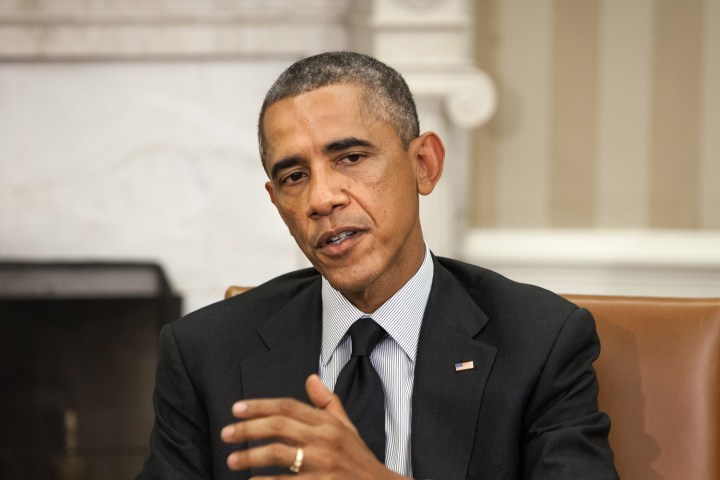
Sure, not everyone in the United States (or the world) likes him, but at least by way of Facebook likes, he’s more beloved than literally any other head of state. It may have something to do with the fact that Obama, being the social media-savvy president he’s proven himself to be over the last several years, was actually one of the first national leaders to join the platform, all the way back in 2007. With 46.4 million likes, Obama stands head and shoulders above his closest competitor — India’s Narendra Modi has 31.7 million likes.
Obama is also far more popular than any of the leading candidates vying for his position in 2012. Donald Trump, rather unsurprisingly, leads that pack, 5,349,305 likes — Bernie Sanders comes in a rather distant second at 2,368,268, while Hilary Clinton clocks in 2,247,180, and Ted Cruz has 1,797,896 likes.
“Over the past eight years, Facebook has become the channel of choice for community engagement with world leaders,” the Burson-Marsteller study says. “Since then, a Facebook presence has become part and parcel of any social media political campaign and one of the best ways to engage with potential voters and citizens.”
The study further examines just how the social media platform is used by various leaders, both in terms of the messages they convey and the types of content posted. While Obama is the most “liked,” of the bunch, he doesn’t win in all categories — Modi claims the most page interactions, and Argentina’s new President Mauricio Macri is described as the “most engaged.” And the Dominican Republic’s presidency is the chattiest around — especially when compared to American pages that keep relatively quiet most of the time.
“Facebook has become the place where leaders can reach out to their citizens and have conversations in more than the 140-character limit allowed on Twitter,” study authors write. “With their publications on Facebook, world leaders can now reach an audience of millions of users worldwide, regardless of the number of likes on their respective pages. Engaging Facebook posts often make headlines in mainstream media and have long become more powerful and effective than traditional press releases.”


